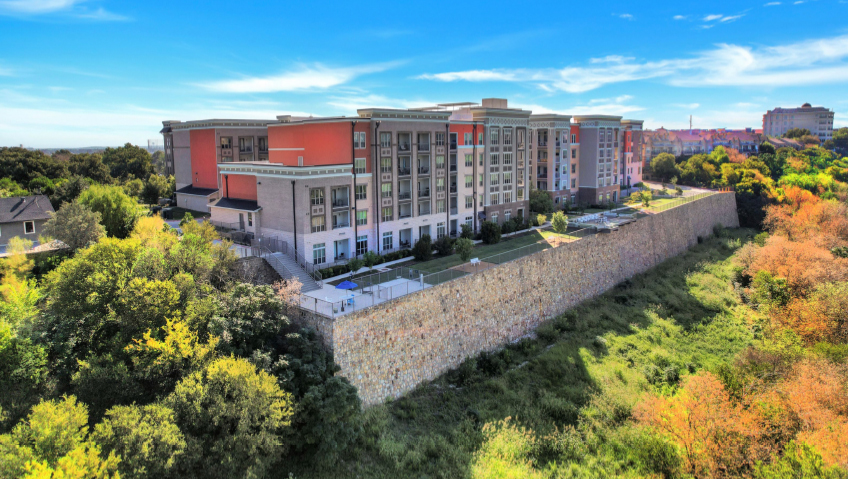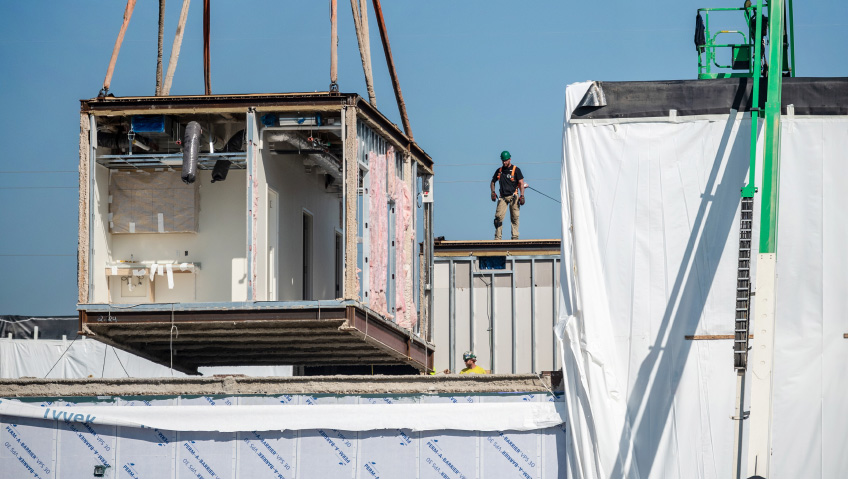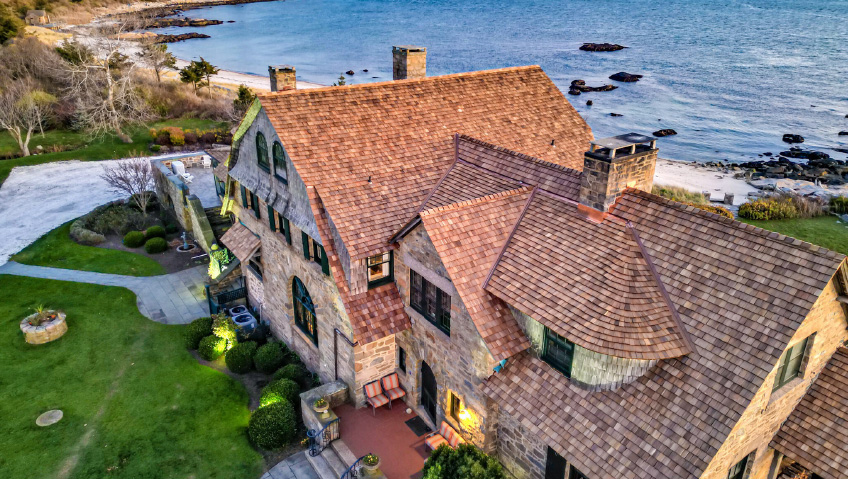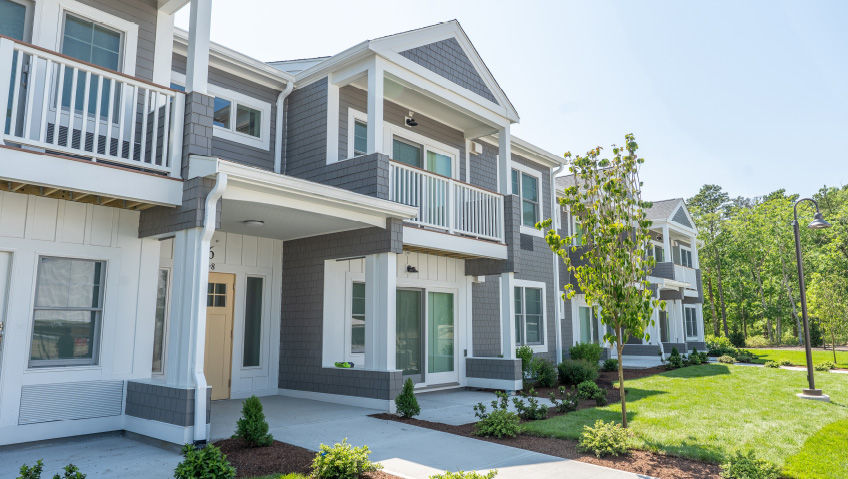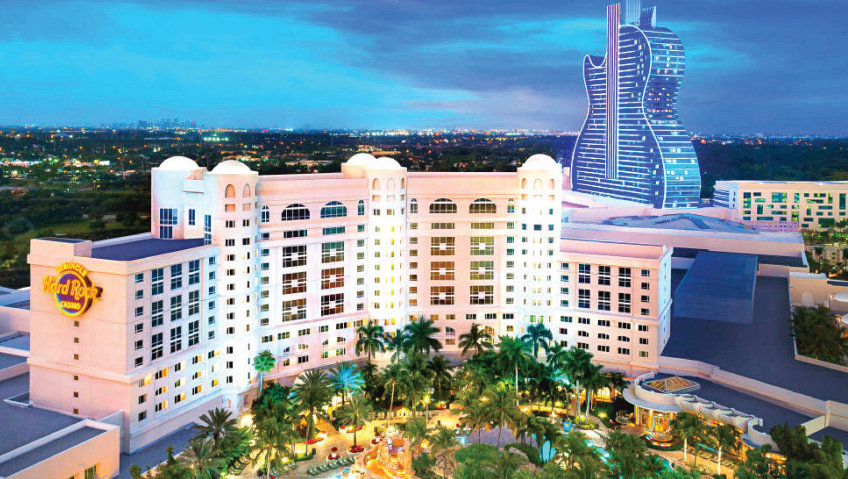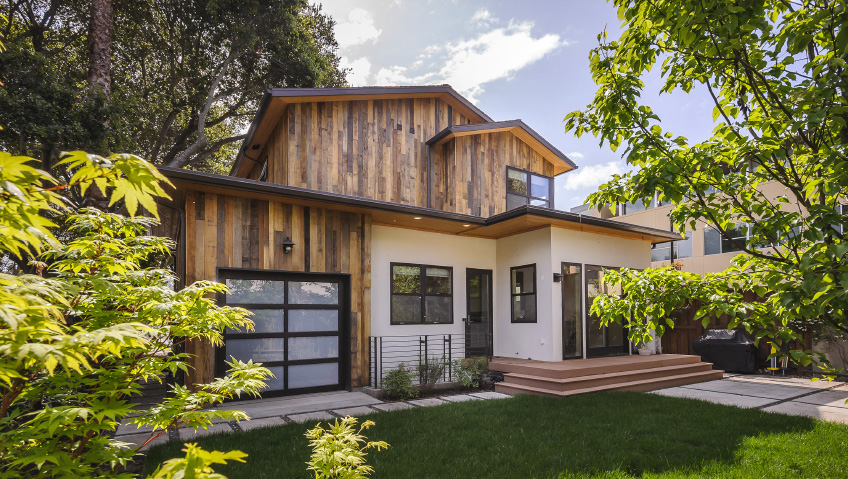With headquarters in Fort Worth, Texas, ERW Site Solutions is a member of the American Subcontractors Association and provides owners, developers, and general contractors with the seamless access to the integrated services they need, with the purpose of delivering the very highest quality of project cost-effectively. ERW covers three markets: commercial, multi-family, and single-family.
ERW specializes in value-engineering site development and is quite literally a one-stop shop for just about everything that needs to be done to prepare and maintain a site: retaining walls, screen walls, hardscape, fine grading, slope control, erosion control, job site cleanup, landscape irrigation, and landscape maintenance.
This multiplicity of abilities is the result of a series of thoughtful acquisitions in which ERW sought out the best of the best companies in Texas.
To learn how the original ERW company grew from one which specialized in the construction of retaining walls—valued at a respectable $20 million seven years ago—into a company with projected revenue of $250 million in 2022, and which today offers a clean sweep of construction-site solutions, we spoke with Joe Stewart, Vice President of Sales and Marketing.
An opportunity
Larry Barnett established the original ERW company 30 years ago to deal with issues building owners were facing when the original retaining walls, which had been constructed with railroad ties, began to fail.
He spotted this as a promising business opportunity and began ripping out these disintegrating wooden walls and replacing them with stone ones, along the way building vast expertise in the construction of retaining walls that were fail-proof.
According to Stewart, it’s what is behind an attractive fieldstone exterior facing that’s key to a retaining wall’s success. What is essential is engineering which provides the design for a ‘junk rock’ wall that is half as thick as the height of the wall, and an efficient drainage system that will guarantee structural security for the building.
“If a wall starts to buckle,” he says, “it’s considered a global failure and is likely the result of water building up behind that wall. But if it’s built properly, there should be a drainage system with weep holes at the bottom to prevent water from building up and pushing the dirt out into the wall. Once that starts, it won’t stop, because it is already compromised.”
Out of sight
Over 30 years ERW has built many, many walls, all of which are silently playing critical roles in maintaining the structural security of the building site, and where visible, making an attractive addition to the landscape.
All retaining walls, however, are not visible. For example, there’s the Toyota Music Factory in Los Colinas, on the west side of Dallas. It’s a high-profile entertainment complex that hosts live concerts, sponsored by Toyota which opened its North American headquarters there in 2017.
“This is one of the largest walls we have ever built, and you don’t even see it, because it is supporting the interior and an interior walkway for maintenance. There are some exterior walls, but the big one is inside.”
Another very large—but visible—wall is one ERW did right in downtown Fort Worth; at over 40 feet tall, 22 feet thick, and more than 100 feet long, it holds up a five-story apartment complex.
Then there’s Globe Life Field, home to MLB’s Texas Rangers in Arlington. The $2.2 million project started in 2019 and carried over into 2020. It was the first time Stewart was involved with the process.
“We worked with Manhattan Construction, and it was impressive to work with their project managers and see how organized they are,” shares Stewart. “I think there are only certain GCs who can take it to that level. They are top-notch professionals. It’s a project we’re proud of, and one which anyone coming to the games can see.”
Currently, ERW is in the middle of a project for the Professional Golf Association, which has relocated from Florida to Frisco, TX, and is building the walls for the OMNI hotel which will become PGA headquarters.
Building for the future
When founder Larry Barnett passed away in 2013, Randy O’Neal, his stepson, took over the reins as president. By 2015, Stewart says, O’Neal realized he needed recapitalization to help the company grow. He took on a partner, Jack Matz, who became the CEO, and together they began building for the future.
Stewart, who grew up in Texas, but spent years living in St. Paul, Minnesota and travelling the country for 3M, was set to retire when the opportunity arose to return to Texas, “where the people are great.” In 2017 he joined the board of directors of ERW, and the following year joined the company “to help with the growth, sales, and marketing side of it, to take the business to the next level.”
In 2019 ERW purchased LandTec, based in Austin, a premier provider of turnkey commercial design, irrigation, and maintenance landscape services throughout Texas and the southeast U.S. In keeping with environmental concerns, LandTec, now marketed as an ERW Site Solutions Company, offers clients the option of using native plants which require less water to maintain.
“It was a $3 million acquisition, and that company is now doing about $15 million worth of business,” Stewart says, “so in three years we’ve had good success and been able to grow it.” In addition, in January 2021, ERW purchased Gourmet Grass, a small landscape and maintenance company in Dallas and rebranded it under LandTec.
Meanwhile, in September 2020, ERW had purchased the professional engineering firm DesignBuild from Scott Miller, with licenses to design retaining walls in 31 states, and this is proving to be a game changer. “We needed that engineering expertise,” Stewart says. He tells us that subcontractors who bid on retaining walls are the only ones that don’t have engineering work done prior to a contract.
“So, after a customer had received our proposal and accepted it, they would give us an LOI (letter of intent) and that’s when we’d go and get engineering design done. But it was very risky because we didn’t know how much the engineering would impact the cost,” he shares.
“Prior to purchasing DesignBuild, we were absorbing a lot of the cost and it became too much of a financial risk to bring in an engineer late in the process. Having our own company engineers means we have been able to close that gap and reduce the cost of the engineering impact significantly.”
Where it all starts
Since everything starts with the foundation, Stewart says it’s important to be at the table when conversations begin. For years, he says, the dirt contractors worked at the front end, telling the owners what they thought about hauling earth away or bringing it in.
“But that may not always be beneficial to the customer as the dirt contractors are not considering what retaining walls can do,” says Stewart. “There’s a significant cost to loading and hauling dirt away, when we could utilize it to provide the backfill. There are lots of things we can do to help stabilize and balance the site if we’re on the front end, but historically we haven’t always been there.”
Now, however, with its growing portfolio of best-of-the-breed companies, ERW has gained traction as a single source for all site solutions, pushing the company to the forefront when GCs begin negotiations with clients.
Not only does ERW provide value engineering, retaining walls, and landscape options, recent acquisitions are allowing it to offer even more services and solutions. In May 2021, ERW purchased Ratliff Hardscape, based in the Louisville area of Dallas.
Ratliff Hardscape is a long-term, established hardscape construction company offering an array of services for all civil and hardscape projects, including single family, multi-family, commercial, municipal, state, and oil and gas projects, which include screen walls, monuments, sidewalks, patios, and other flat works.
“It was a significant acquisition,” Stewart shares. “Ratliff was doing about $40 million in work and this year it’s looking like it will be around $65 million.”
Then this past August, ERW closed the purchase of another company, Kaufman, which specializes in poured concrete for foundations. “Kaufman brings us yet another addition to the portfolio that we’re developing as we expand our footprint—with the goal of providing full services to developers and contractors—all under one contract.”
The power of one
Stewart likes to talk about the power of one—the importance of streamlining the structure of ERW so that developers and contractors deal with only one contact person and one contract.
“The goal within the next year is to bring all those companies under the ERW name,” he says. “It has the longest history, spans both north and south Texas, and it will allow us to mobilize in other states. We’ve retained the principals in each of the companies, except for the original owner of Ratliff, who sold it as he wanted to retire, but we were able to retain his top people and they’re valuable resources. We don’t pretend we know landscape, hardscape, or foundations like they do, so we’re allowing them to run their businesses and we’ll not be disruptive, as sometimes happens when one company acquires others,” he explains.
“I think the biggest challenge anytime there’s an acquisition is adapting to the new culture, so we’re purposely allowing them to continue with the way things were prior to the acquisitions while giving them the resources they need to grow their customer base. They have access to ERW’s customer base, and we have access to theirs, so it’s mutually beneficial. That’s how we’re seeing organic growth,” says Stewart.
“As a result of our acquisitions, we’re positioned to return to our customers and show them what we can do. It simplifies the process as they deal with only one contact person and one contract. They can see for themselves how bundling all this together is financially advantageous and will allow the project to run seamlessly.”
So far ERW’s growth strategy is working. “There’s lots of new construction happening in Texas,” Stewart says, “and we have a backlog that takes us into 2023. Despite all the rumors of the economy slowing down, we’re not seeing it, and I don’t think Texas will be affected even if the economy does slow down.”

